Week 4 - God's Covenant With Noah
What we talked about in Youth on Sunday
A couple of weeks ago we saw in Genesis 1-3 that God created people to be his image bearers—to be his representatives to the rest of creation. Yet, instead of living as God intended, people rebelled against God and sin entered the world. Sin corrupted everything God created and made it impossible for people to represent God perfectly. Therefore, as Adam and Eve left the garden there were two questions that became the backdrop for the rest of the Biblical story: (1) How will people represent God moving forward now that sin has entered the world, and (2) how will God respond.
As the story unfolds, Genesis 6:5-8 begins to answer these questions. It tells us that people became incredibly wicked, such “that every intention of the thoughts of their heart was only evil continually” (Gen. 6:5). Because of people’s wickedness and sin’s corruption of creation, God then regrets having made people and commits to “blot out the people whom I have created” (Gen. 6:7).
Although God’s response to sin seems harsh, it is precisely because God is good and just that he responds this way. To be good means to stand up to evil and injustice and to punish wickedness. As a result, God sends a flood to wipe out the wickedness in his creation.
Yet, in the midst of the wickedness covering the earth, God saw Noah. Hebrews tells us that it was Noah’s faith that gave him favor with God. Having been warned by God of the impending flood waters, Noah, “in reverent fear constructed an ark for the saving of his household. By this he condemned the world and became an heir of the righteousness that comes by faith” (Hebrews 11:7).
Because of Noah’s faith in God, God spared Noah, his family, and 2 of every living thing; and God made a covenant with Noah. God’s covenant with Noah, like his covenant with Adam and Eve in Genesis 1:26-31, reinstated the Creation mandate that people are made in the image of God—made to represent him to the rest of creation. Furthermore, God promised to never again destroy creation with a flood and he instituted the sign of a rainbow as a seal of his promise, which lasts to this day.
Therefore, whenever we see the rainbow we should remember that not only will God never again destroy all of creation, but also that God is committed to spreading his goodness to the world through us. Ultimately, God punished his people with the flood because of their refusal to spread God’s goodness to the world as they were intended. Therefore, God gives Noah—and through Noah all of us—the same purpose in life: to be God’s representatives by spreading his goodness through the world in everything that we do.
Continuing the Conversation at Home
On Sunday I challenged the students to look where they see the effects of sin in the world and to consider how they can work to spread God’s goodness to these places. Take a moment this week—either at the dinner table or when driving in the car—and ask your kids this question. Tell them that you heard they talked about this on Sunday and have been thinking about this question yourself. Consider offering a simple way that you as a family can work to bring healing to a place where you see brokenness.

